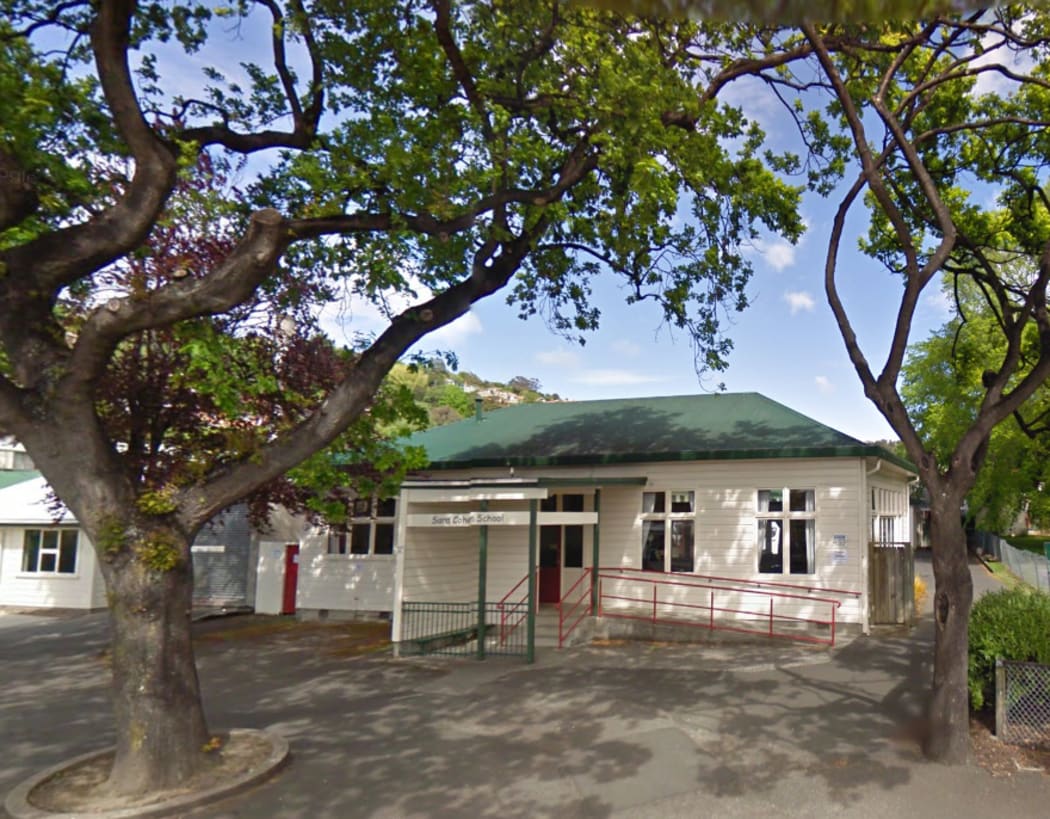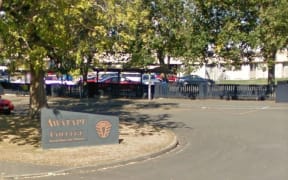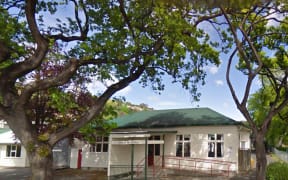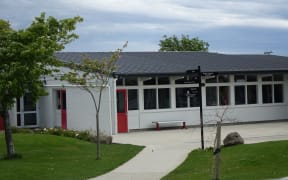An autistic boy told police investigating a special needs school in Dunedin that a staff member twisted his arm 25 times and locked him in a dark room.

Sara Cohen School Photo: Screenshot / GoogleMaps
Police did not lay any charges after their three-month investigation of two suspects at Sara Cohen special needs school.
Their report, finalised last month and obtained under the Official Information Act, says that after interviewing the boy, two suspects and seven other staff, there was too much conflicting evidence to prosecute anyone.
The report said the boy was interviewed in July. He was the only one in the class of eight or nine primary-age children who could talk.
He told police that the main suspect sat on him, pushed him to the ground, held his arms down, and "twisted his arm on 25 occasions".
The report recorded him recounting that he was pushed "into a locked dark room, turned the lights off, it felt scary".
The investigation began after claims that staff Sara Cohen school hit, sat on and force-fed children as young as five. One staff member has quit, one has been suspended, and there was an employment investigation underway by a statutory manager appointed by the Education Ministry.
Eight of 10 allegations investigated by police were directed against one person, who strongly denied any wrongdoing or inflicting pain to control the children.
It was unclear in the report what weight police gave to the boy's evidence. In a statement today, police did not directly address that question, but said the factors they must weigh up for any prosecution included the actual ability of witnesses to relate and relay their stories, and their compliance with the requirements of the Evidence Act.
'One person's word against another'
The police report said there was scope to prosecute the main suspect over claims, backed by four staff members, that she would push her fingernail into a child's nail to make them comply.
But it noted that this would rely on evidence mostly from two people whose credibility was an issue because they had shown a dislike or disapproval or made previous trivial allegations against the two suspects.
Police concluded it was, for most of the allegations, one person's word against another, so there was no reasonable prospect of a conviction.
The police investigator said the use of a seclusion room was not criminal behaviour. "It is appropriate to expect the staff to use a place for timeout for the students especially when you consider the extreme and violent behaviours being experienced on a regular basis. I do not believe that this type of practice is criminal behaviour."
The seclusion room at the school was a laundry in the classroom with a hasp (a device used to fasten a door) on the outside of the door. One witness told the police it was used up to three or four times a day.
Seclusion rooms are being outlawed by the government after revelations since October about their use at several schools, which has triggered an Ombudsman's inquiry.
Police noted that though the case had strong public interest given vulnerable children were involved, "this should be balanced by the interests of the children involved and the negative impacts a prosecution would have on their lives".
'Chaos'
All witnesses noted how difficult the children's behaviour was.
The police report said violence of students to each other or staff included "punching, hair pulling and the throwing of objects like chairs across the classroom".
A teacher told police it was "regularly loud and wild and out of control with a lot of yelling".
The main suspect told police she "would come back from lunch break to find chaos with [name suppressed] in the timeout room with the door closed and locked and lights off".
The seclusion room was used to try to defuse this kind of thing. One child was put in it most often, and another two occasionally. Accounts vary, but it appeared it was used daily and was regularly locked and the light turned off.
Special needs schools were expected to have other options for handling children. However, half those interviewed told the police the school and principal gave them little or no help.
One, who was quite supportive of the suspects, said there was "very limited training regards to physical restraints for the children and [they] couldn't remember the last time training had been given at the Sara Cohen School".






